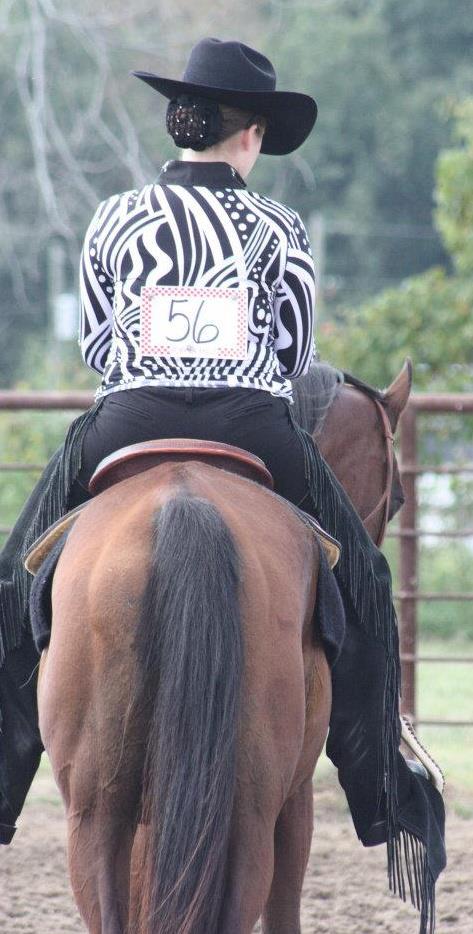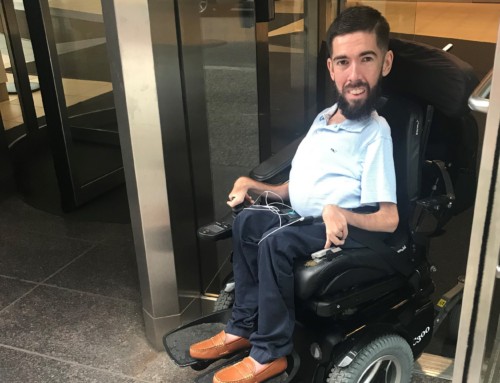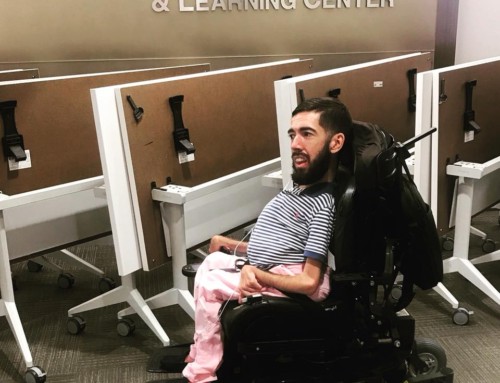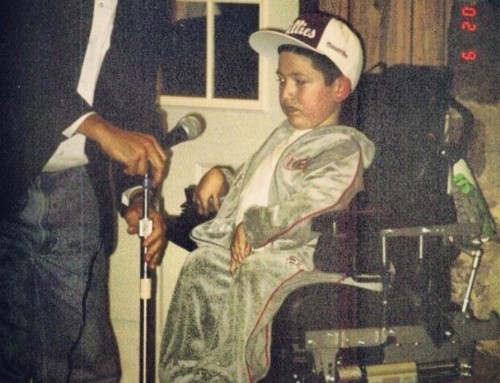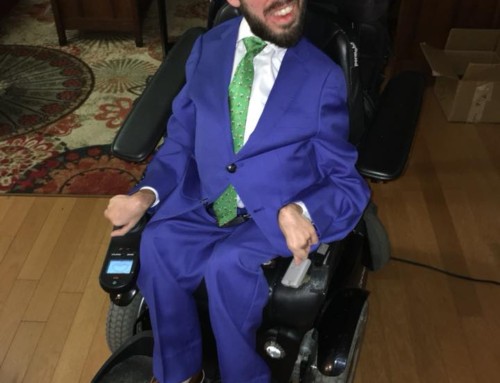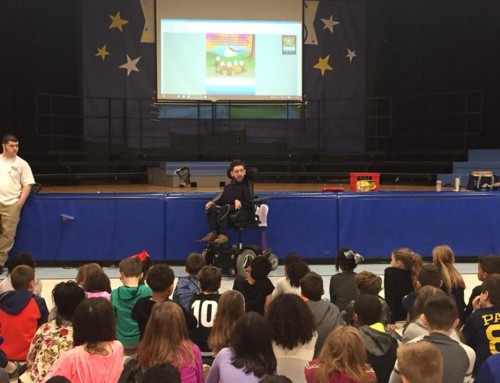Throughout life, you learn all the things you are supposed to do. You’re supposed to brush your teeth twice a day; you’re supposed to turn your homework in on time; you’re supposed to change your oil every three thousand miles. Each phase of life also has typical “to-do” lists. When you are sixteen, you are supposed to get your license and go to Junior Prom. You’re supposed to play sports, or act in the drama club, or march in the band. If you are me, apparently you are supposed to learn about living with a disability. Wait….what?
When a specialist at the University of Wisconsin – Madison first told me that I may have a form of arthritis, I thought she had lost her mind. I was sixteen. Sixteen year olds celebrate milestones and start planning for college. What sixteen year old gets arthritis? Well, apparently, this one.
I was fortunate. My symptoms were fairly well controlled through medications and slight lifestyle changes. Unfortunately, whatever I had didn’t have a name. I had one or two symptoms of multiple autoimmune disorders, but not enough to label it as rheumatoid arthritis or lupus or any of the other hundreds of instances where the immune system starts attacking healthy cells.
As my family and I progressed in our knowledge and understanding of my medical mystery, we started learning a new subset of “things you are supposed to do”. Most of those recommendations I took in stride. The doctors gave logical reasons to the changes, and it was all part of my adjusting to this new lifestyle. However, one recommendation made absolutely no sense to me. The team in Madison recommended that I give up my lifelong love, horseback riding. They reasoned that there were too many risks when you situated yourself on top of a thousand pound animal, and it was better to have both of my feet firmly planted on the ground. I asked repeatedly why I should give up my hobby. The best answer I got…?
“Well it’s just not a good idea for you to continue riding.”
Excuse me? I was that six year old girl who went through the horse crazy phase and never grew out of it. I had plans to ride and compete throughout high school and into college. As a junior, I was already accepted to one of the top Equestrian Science colleges in the nation. “Stop riding” wasn’t in my vocabulary. Despite all the doctors’ best intentioned warnings, I continued to ride and compete. My senior year of high school I broke my pelvis in half when I was thrown off the back of a young horse. As any athlete knows, injuries are a part of life. You go to physical therapy, and you move on. Or in my case, you get a lecture about the damage you just did, you go to physical therapy, and then you (literally) get back on the horse.
I continued to ride my first three semesters of college, and my immune system fought back. The stress of moving six hours away from home, holding a full credit load, and riding five times a week absolutely kicked my ass. Despite my best efforts, the flare ups were becoming more frequent and more intense. Medication wasn’t controlling the pain, the joints in my hands, wrists, and knees were so swollen that daily tasks were hard to complete, and I was missing classes. My new specialist finally diagnosed me with lupus – and further encouraged me to hang up my spurs forever. She went as far as to tell me I couldn’t ride or compete in any sport successfully, so why even try?
I did eventually decide that a career in the equine industry wasn’t my passion. I ended up dropping my equine major which allowed me to graduate a year early with my bachelors in political and legal studies. Almost immediately after landing my first job, I was back in the saddle and working my way back into riding and competing. After spending some time learning from some of the best equestrians in my state, I bought my own competition prospect – a two year old American Quarter Horse named Turtle. My trainer and I are currently preparing to compete with him on the regional level, and our goal is to qualify for the 2015 American Quarter Horse Association’s Novice Championships.
In the six years I’ve lived with my disability, I’ve never heard a reason founded in medical fact to give up my passion. I’ve been told to stop and forget about my dreams a million times by acquaintances, other equestrians, and even a few “friends”. I’ve been asked why I push myself to do something I shouldn’t be able to do again and again. The answer is simple.
Throughout life, you learn all the things you are supposed to do. One of the things you are not supposed to do is give up on yourself. #diableyourlimits #forallthosewhosaidicouldn’t
Ericka Schaefer is a Wisconsin native who currently resides in Mesa, Arizona. She is employed in the financial industry, assisting the Senior Vice President of a mid-sized financial advising firm. In her free time, she enjoys spending time with her boyfriend, Brandon, their two dogs, and, of course, their horse.
![[dis]ABLE Logo](https://disablethebrand.com/wp-content/uploads/2014/05/jimmy-logo-1-200.jpg)
